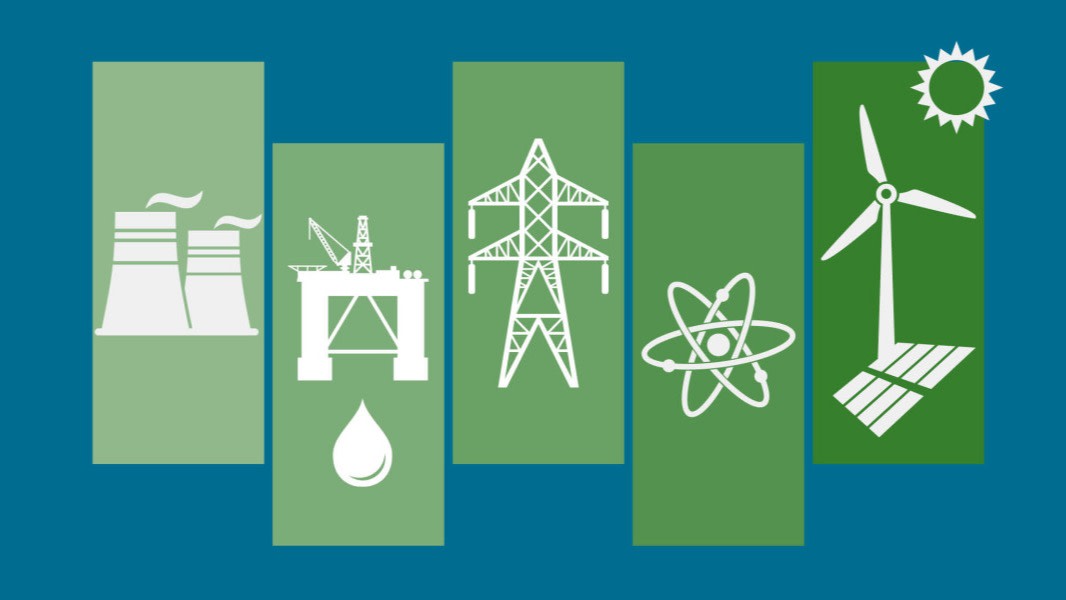 BALI (Indonesia): Tenaga Nasional Bhd (TNB) plans to step up its investments by nearly six-fold between 2025 and 2030 to prepare for its future Energy Transition (ET).
BALI (Indonesia): Tenaga Nasional Bhd (TNB) plans to step up its investments by nearly six-fold between 2025 and 2030 to prepare for its future Energy Transition (ET).
TNB's allocated ET for 2018-2024 stood at RM6 billion from a total of RM45 billion allocated on the domestic grid.
The group now plans to invest about RM90 billion within five years, from 2025 to 2030, on the national grid, of which RM35 billion will be spent on ET-related investments, while the remaining RM54 billion on non-ET.
President and chief executive officer, Datuk Baharin Din, said TNB is keen to expedite its investments in the Grid to avoid bottlenecks that are currently happening in mature markets, which could delay the scale-up of renewables as connection queues for wind and solar projects grow to record sizes.
"Bottlenecks can be observed across the United Kingdom, Europe, and even the United States as grid connection queues for wind and solar projects range between a staggering 50 and 200 gigawatts.
"Therefore, in Malaysia, we want to make sure that we build green infrastructure early on so that we avoid any bottlenecks in the adoption of RE," he said during a session at the ASEAN Energy Business Forum (AEBF) 2023, in Nusa Dua here, yesterday (August 24).
The session was titled "ASEAN Power Grid (APG) Interconnection: Stepping Up ASEAN Efforts For Advancing Regional Interconnectivity Through Realising Investment Potentials".
Baharin also highlighted the importance of regional interconnection as it is becoming increasingly clear that no country can reach its net zero carbon emission targets alone.
He said as ASEAN transitions towards net zero, electricity demand is expected to see growth of almost three times in Malaysia and five times in the region by 2050, and this demand is expected to be served by clean energy.
As there is an urgent need to work together to optimise resources in ASEAN while balancing the trilemma, it is for this reason that TNB has put a lot of effort into strengthening ties with our neighbours, in the hope of accelerating efforts under the APG, Baharin noted.
"Interconnection amongst ASEAN member states opens up a gateway to new investments with a projected market size of more than US$6.3 trillion (US$1=RM4.64) from 2018 to 2050.
"In 2021, ASEAN member states had declared net zero carbon emission targets for their respective countries," he said.
TNB will be signing memorandums of understanding with Indonesia's State Electric Company PT PLN (Persero), Singapore's SP Group and ASEAN Centre for Energy (ACE) today to explore cross-border interconnection between the countries.
TNB also has ongoing collaborations with the Electricity Generating Authority of Thailand (EGAT), Electricite du Laos (EDL), and Vietnam Electricity (EVN) to expedite the development of the interconnection infrastructure while exploring new RE investment opportunities.
AEBF is an official ASEAN conference and exhibition on energy which brings together high-level regional and international policymakers and key business players.
It is organised in conjunction with the annual ASEAN Ministers on Energy Meeting (AMEM).




